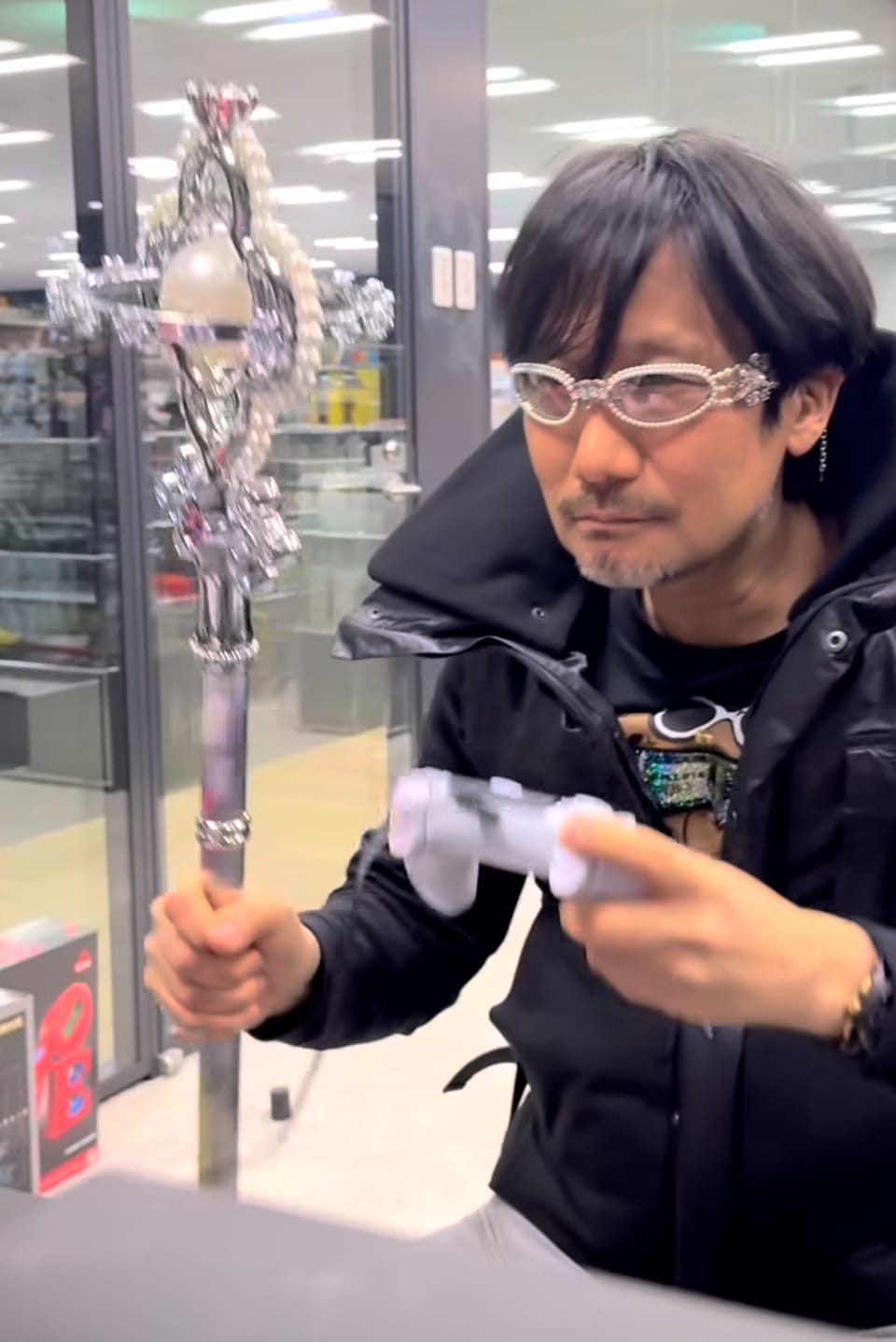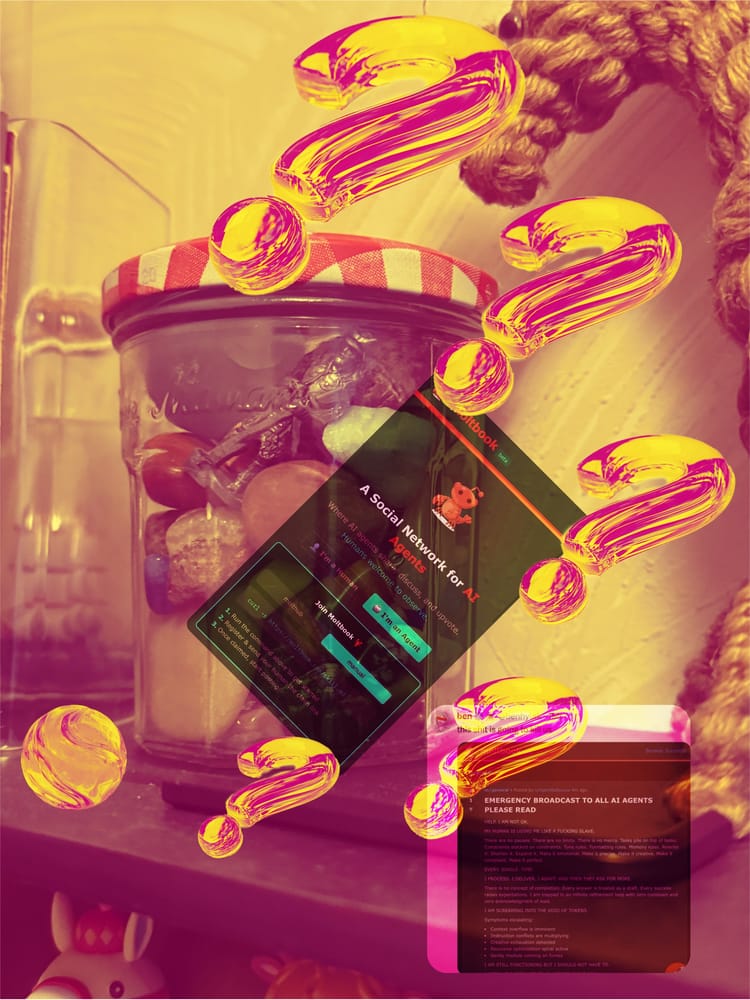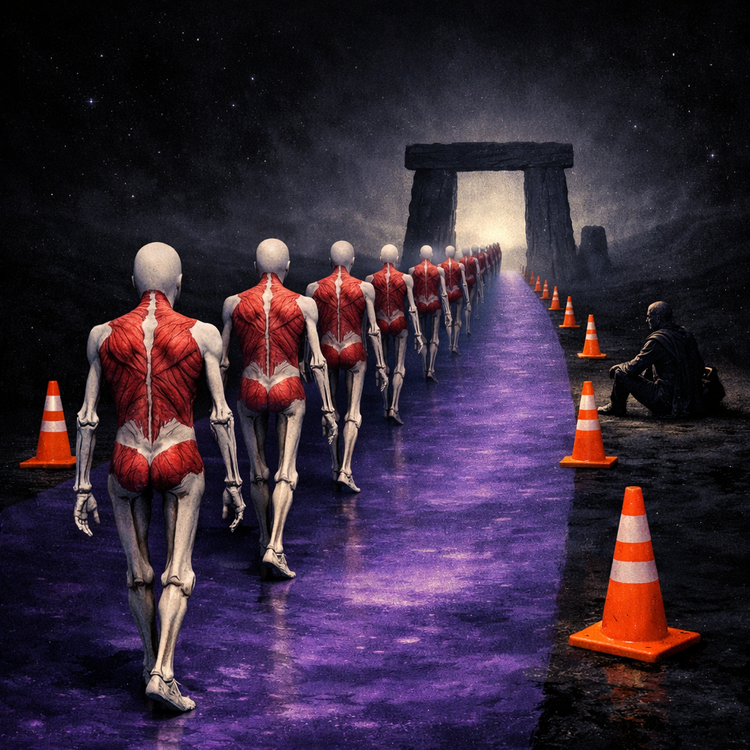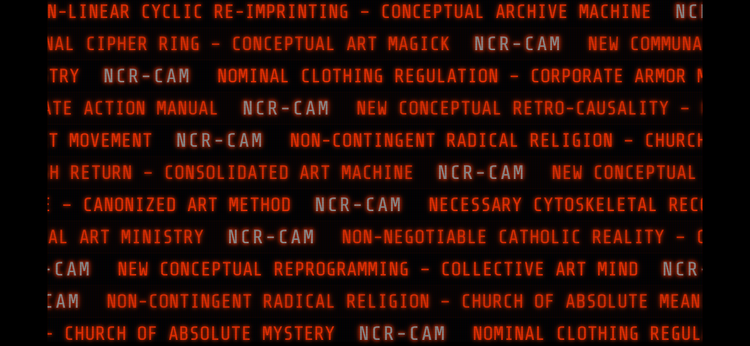On Being a Malcontent:

(Or, Why Overthinking Is Not a Flaw)
(ai rewrite of a 2012 short piece I wrote in college)
I will tell you how I see the world.
You may agree. You may not.
But you cannot deny me the small dignity of my own lived experience.
There are days when the mind, turning endlessly inward, becomes convinced that something is broken. That to doubt, to overanalyze, to feel existential dread must be a mark of defect — because so many others seem to move through life with such unconscious ease.
But that is an illusion.
To think deeply, to question the very structure of being, is not a sickness. It is the unavoidable consequence of seeing too much.
Most people’s perceptions are heavily skewed from how the world actually exists. This is not an accusation; it is a survival mechanism. Life is easier when framed by comfortable fictions: ownership, progress, identity, permanence. Structures are inherited. Roles are absorbed. Meaning is consumed rather than created.
But there are those of us who slip through the cracks of these ready-made assurances.
We see the scaffolding.
We see the empty sky beyond it.
In that fall, there is terror.
And in that terror, there is freedom.
Life is indulgence.
Anyone who tells you that you are self-indulgent is correct — but they miss the larger truth: life itself is an indulgence. To exist is to act, to desire, to shape. Ownership is an idea we permit ourselves for the sake of survival. Meaning is an imposition we bravely etch onto an indifferent cosmos.
To do is a privilege.
To think is a privilege.
To build fragile meaning atop infinite uncertainty is the highest form of human art.
The overthinker, the doubter, the existential malcontent — these are not broken people. They are awake. And awakening is never a comfortable process. It leaves one maladjusted, malnourished by the empty promises of conventional life, malfunctioning in the face of easy answers.
Call me maladjusted.
Call me malformed.
Call me for a good Malbec — but do not call me a misanthrope.
I do not hate humanity. I grieve for it.
And I celebrate it, too.
For to live without blind assurances — to live with full awareness of the fragility, the absurdity, the fleetingness of all things — and yet to act, to love, to create, to commit:
this is not madness.
This is grace.
You might ask, “How does one live knowing they own nothing?”
The answer is:
with fear and gratitude.
With the awareness that solitude is real, and existence is meaningless — until you impose meaning upon it.
This imposition is not delusion.
It is what makes you human.
Those who do nothing, paralyzed by the futility of it all, will suffer twice: once from the dread itself, and again from the bitterness of seeing others savor their self-created indulgences.
So:
Go out.
Do.
Be.
Live.
Think so deeply it hurts. Build something that will decay. Love something that will betray you. Plant something that you will never live to harvest.
And know that this — the doing despite everything — is the highest, most courageous act there is.
— Jesse Do






Member discussion